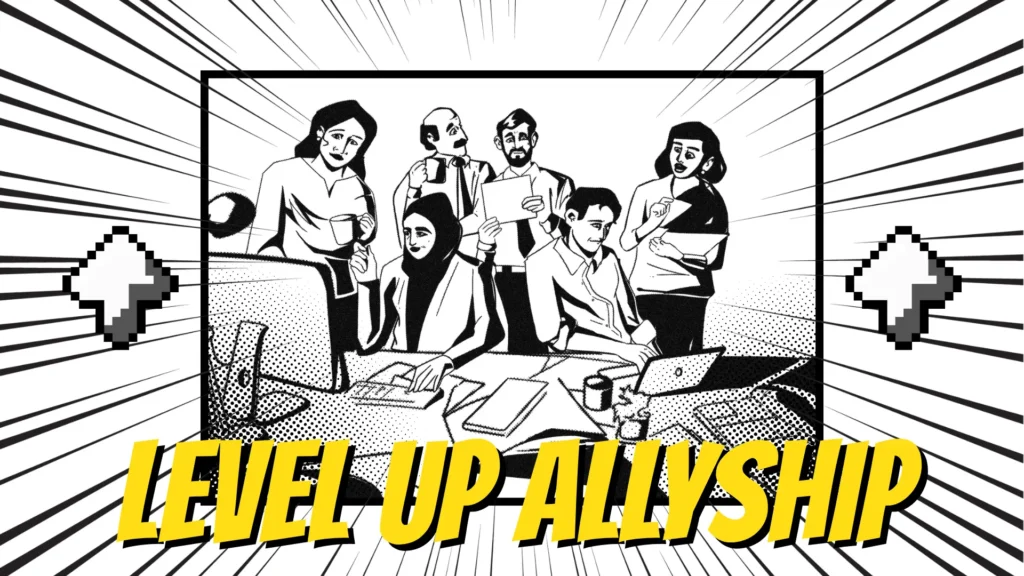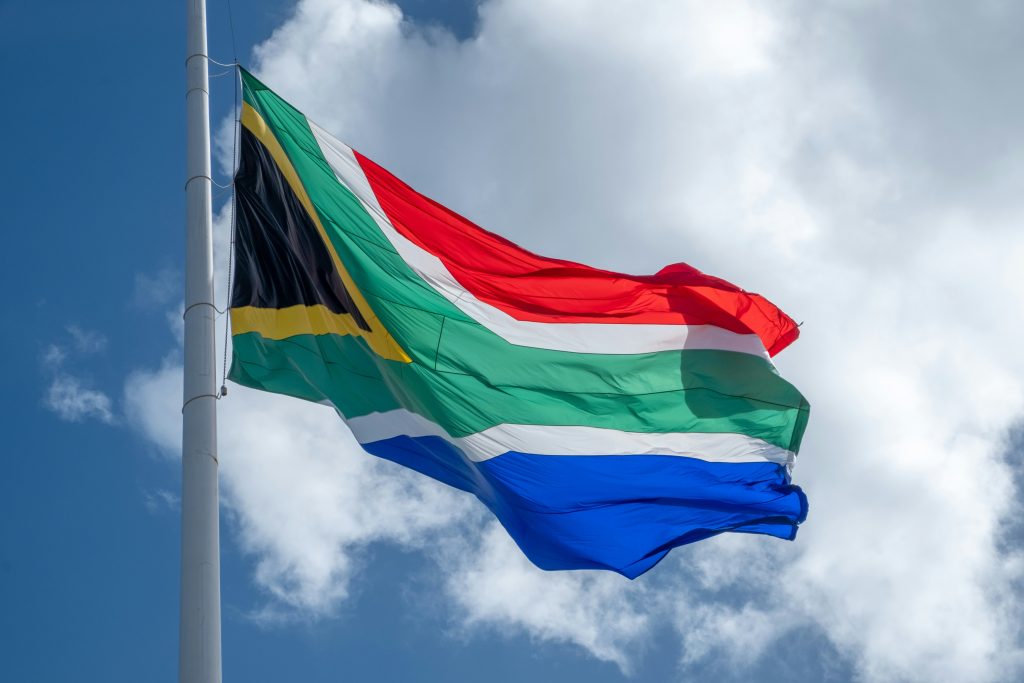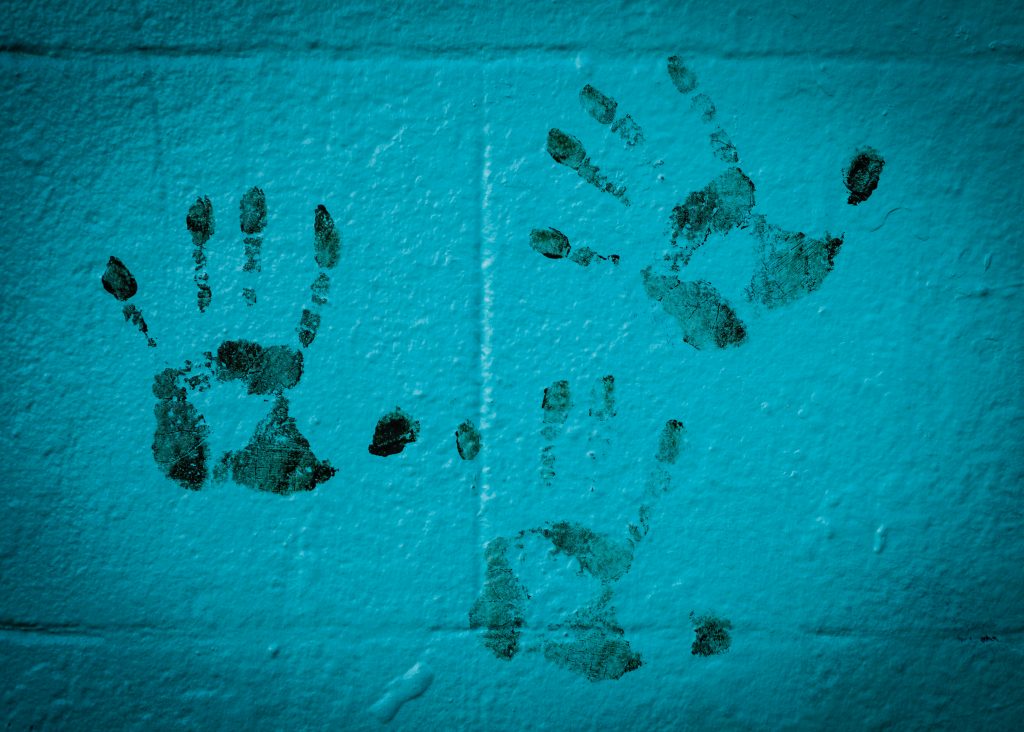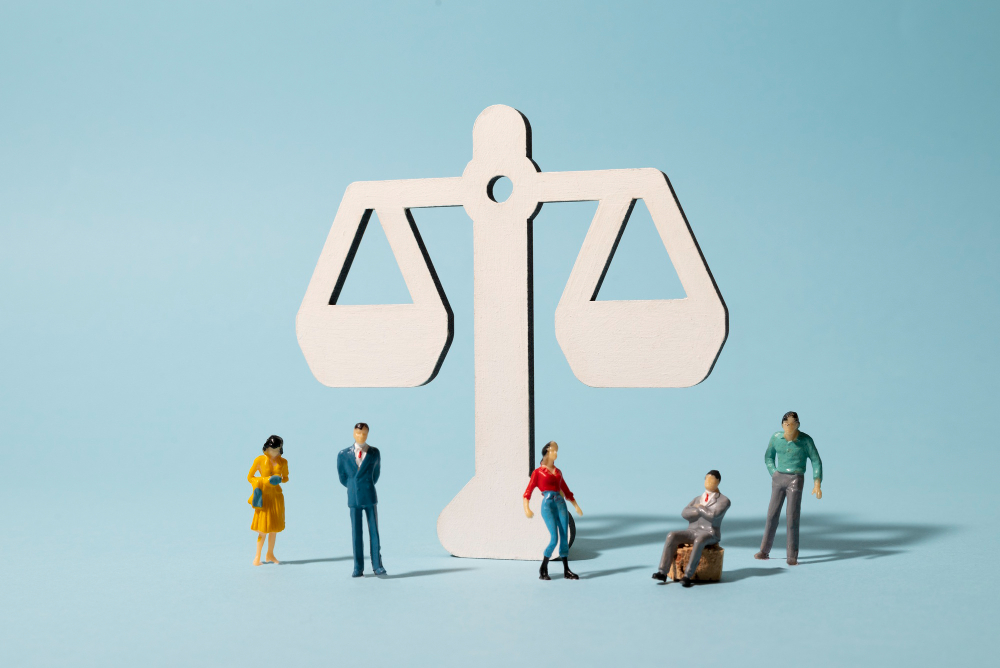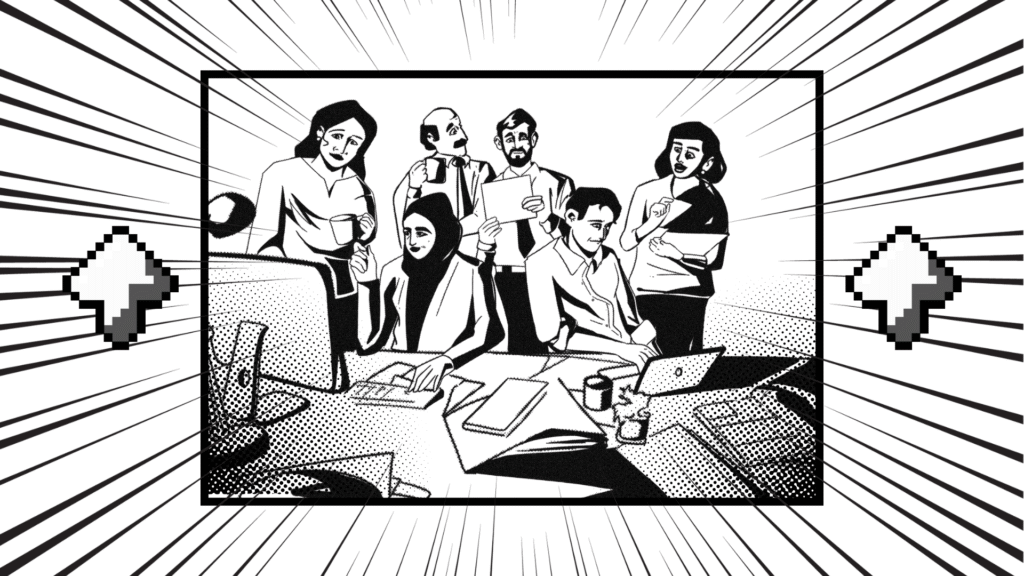
Serein Legal Team
2 min read
What we see online often plays a key role in breaking the mould of stereotypes. TV Shows have pushed forth in this domain, be it through the Chess masterpiece in the Queen’s Gambit or the Urdu dramedy in Chudails.
Explore why political parties must be brought under the purview of the POSH Act to ensure workplace safety for women and uphold democratic accountability and values.
Prevailing harassment in sports highlights the urgent need for accountability, empathy and safe environments where athletes and staff feel respected and valued.
Several companies across the globe have anti-harassment hotlines. But how are effective are they in building safe workplaces and deterring misconduct?
- All
- PoSH
- Anti-harassment and safety
- Global compliance laws
- Domestic violence
Local Committees (LCs) provide a district-level redressal mechanism under PoSH for workplaces with fewer than 10 employees or the unorganised sector.
Miss M Bratt’s case shows “banter” can cross the line. Clear conduct codes and leadership modelling are vital to stop unlawful workplace harassment.
Vague codes cause confusion and risk. Precise definitions, visible enforcement and regular reviews of conduct policies help ensure staff safety.
Nicola Hinds’s case exposed bias against pregnant staff. Strong maternity policies, escalation paths and manager training are essential to protect rights.
NHS staff face bias and unwanted advances. Respectful culture, safe reporting routes and leadership accountability are key to real systemic change.
Workplaces often overlook emotional wellbeing, yet fostering psychological safety boosts engagement and productivity.
File even without evidence: ICs assess credibility, patterns & circumstantial indicators. Your testimony alone initiates due process under the Act.
Evidence includes: Emails/texts, medical reports, witness accounts, CCTV & complainant's testimony. ICs evaluate balance of probabilities, not beyond doubt.
ICs collect evidence impartially: allowing cross-examination, considering circumstantial proof & assessing credibility without prejudice to either party.
Part 2: Practical safeguards - rotation systems, transparency declarations, external member oversight & complainant's right to object to biased IC members.
Part 1: Structural safeguards - diverse IC composition, mandatory training on unconscious bias & clear recusal protocols for conflicted members.
Breaching complainant/respondent identities attracts ₹5,000 penalty. Only IC members, witnesses & concerned parties may access inquiry details.
Silence around domestic violence hurts workplaces too. Recognise signs, offer safe support systems & flexible policies to help survivors heal & retain employment.
India's Domestic Violence Act protects both parties in live-in relationships. Understanding this legal recognition is crucial for safety & seeking rightful recourse.
Cinema often sensationalises domestic violence. Responsible storytelling should highlight realities, survivor strength & pathways to support, not perpetuate myths.
Gaslighting is psychological abuse making victims doubt their reality. Recognise manipulation tactics, trust your instincts & seek support to break free from this.
Women have the right to protection orders, residence, monetary relief & legal aid under India's Domestic Violence Act. Knowing these enables survivors to be safe.
Consent & boundaries are key. Domestic violence shatters both. Rebuilding starts with respecting autonomy & recognising coercive control as a violation of rights.

